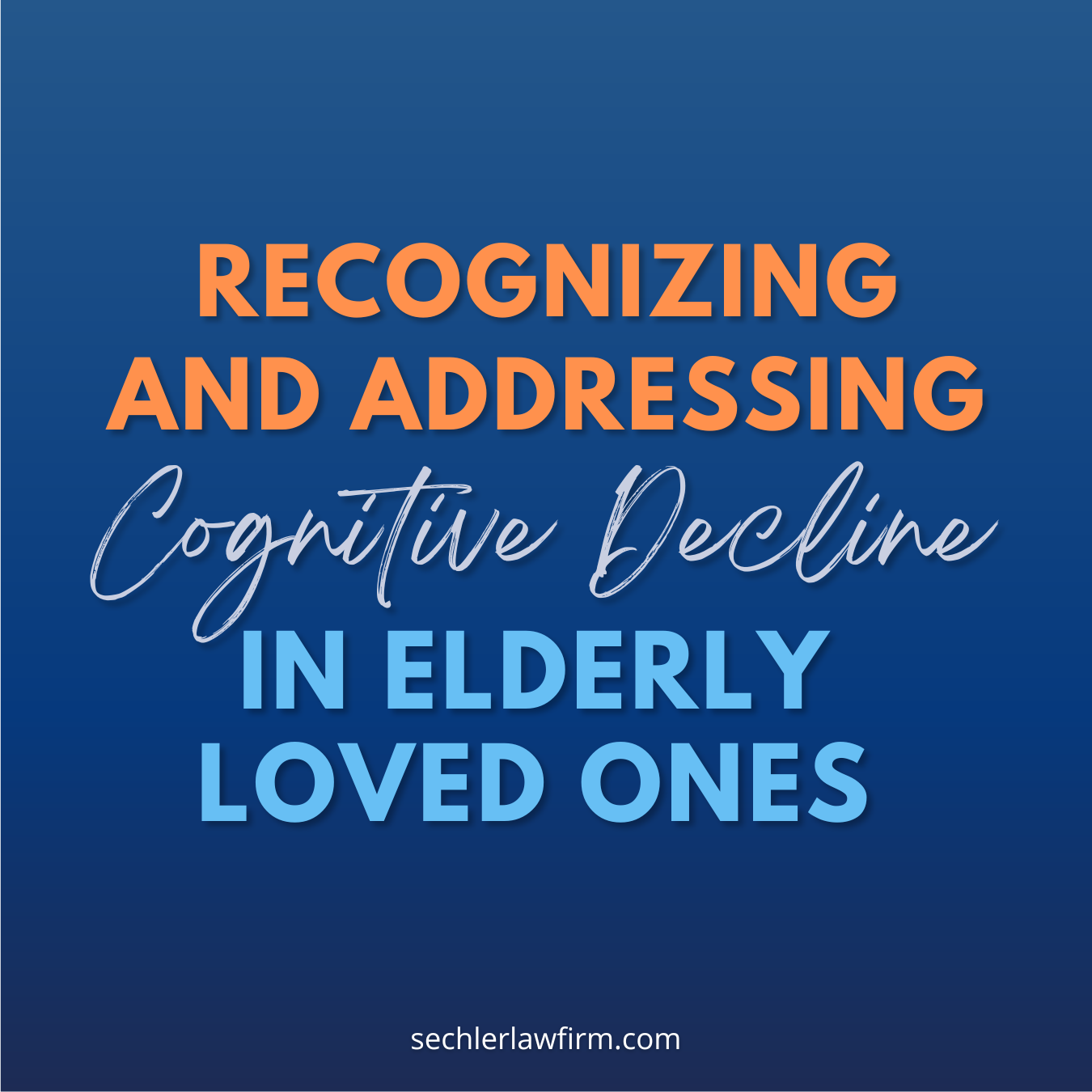When you notice that your once-vibrant and independent mom is beginning to show signs of cognitive decline, it’s a challenging and emotional experience. These changes can be subtle at first—misplaced items, forgotten appointments, or confusion over familiar tasks. While it’s easy to dismiss these as normal signs of aging, they may indicate something more serious: the early stages of cognitive decline.
Recognizing the Signs
Identifying cognitive decline early on can make a significant difference in managing its progression. Here are some common signs that might indicate a loved one is experiencing cognitive issues:
- Memory Lapses: Forgetting important dates, repeating stories, or frequently misplacing items.
- Disorientation: Confusion about time or place, or getting lost in familiar settings.
- Difficulty with Daily Tasks: Struggling with cooking, managing finances, or remembering how to operate household appliances.
- Language Problems: Trouble finding the right words or following conversations.
- Mood Changes: Increased irritability, anxiety, or withdrawal from social activities.
- Poor Judgment: Making unusual decisions, such as inappropriate spending or neglecting personal hygiene.
These changes can impact not only the individual experiencing them but also the entire family. As a caregiver or family member, it’s essential to approach these challenges with empathy and understanding.
Taking Action
If you notice signs of cognitive decline in your loved one, taking proactive steps can help manage the situation more effectively. Here’s how you can start:
1. Communicate Openly
Start by having an honest conversation with your loved one about your observations and concerns. Approach the topic gently and listen to their feelings without judgment. Emphasize that you want to support them and that addressing these changes early can lead to better outcomes.
2. Consult a Healthcare Professional
Schedule a comprehensive evaluation with a healthcare professional. A doctor can provide a thorough assessment, rule out any underlying medical conditions, and discuss possible treatments or interventions. Early diagnosis can significantly improve quality of life and allow for timely planning.
3. Organize Financial and Legal Matters
Before cognitive decline progresses further, it’s essential to ensure that financial and legal documents are in order. Consider the following:
- Power of Attorney: Appoint someone to make financial and legal decisions if your loved one becomes unable to do so.
- Healthcare Proxy: Designate a trusted individual to make medical decisions on their behalf.
- Living Will: Outline medical treatment preferences and end-of-life wishes.
- Estate Planning: Review and update wills, trusts, and other estate planning documents to reflect current wishes.
Organizing these documents ahead of time can prevent potential stress and confusion later on.
4. Create a Supportive Environment
Creating a safe and supportive environment is vital for maintaining your loved one’s independence and quality of life. Here are some practical strategies:
- Simplify Daily Tasks: Label items around the house, use pill organizers for medication, and set reminders for appointments.
- Establish Routines: Consistent daily routines provide structure and reduce anxiety.
- Enhance Safety: Make home modifications, such as installing grab bars, removing tripping hazards, and ensuring adequate lighting.
- Promote Social Interaction: Encourage participation in social activities, hobbies, or support groups to combat isolation.
5. Seek Professional Support
Engaging professional caregivers, therapists, or counselors can offer additional support and relieve some of the burdens from family members. Consider options such as:
- In-Home Care: Professional caregivers can assist with daily tasks and provide companionship.
- Adult Day Care Programs: These facilities offer structured activities and social engagement.
- Therapy and Counseling: Cognitive therapy, occupational therapy, or counseling can address specific challenges and improve coping strategies.
Coping with Emotional Challenges
Caring for a loved one experiencing cognitive decline can be emotionally demanding, so it’s essential to acknowledge your feelings, and seek support when needed:
- Join Support Groups: Connecting with others in similar situations can provide valuable insights and emotional support.
- Practice Self-Care: Ensure you take time for yourself to recharge, whether it’s through hobbies, exercise, or simply taking a break.
- Communicate with Family: Share responsibilities with other family members and keep open lines of communication.
Moving Forward
As you navigate this journey, remember that you’re not alone, since countless families face similar challenges. Rest assured that numerous resources are available to assist you, one of which is our Caregiver Support Group which is held every second Tuesday of each month. When you take proactive steps to understand and manage cognitive decline, you can help maintain your loved one’s dignity and independence while providing peace of mind for your family.
Early intervention and planning are key. If you suspect that your mom—or any loved one—is starting to slip, don’t hesitate to reach out for guidance and support. Together, we can ensure they receive the care and compassion they deserve.
Contact us today to discuss how we can assist you in planning for the future and ensuring your loved one’s needs are met with dignity and respect. If you would like more information about the Caregiver Support Group, please email megan@sechlerlawfirm.com for more information. The next meeting will be held on October 8th.









